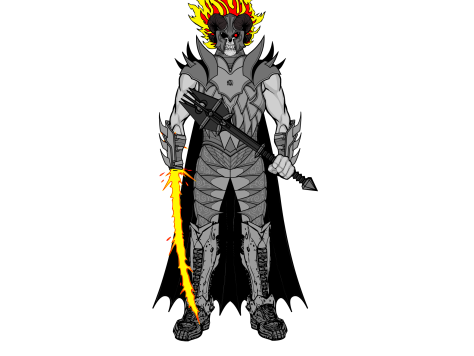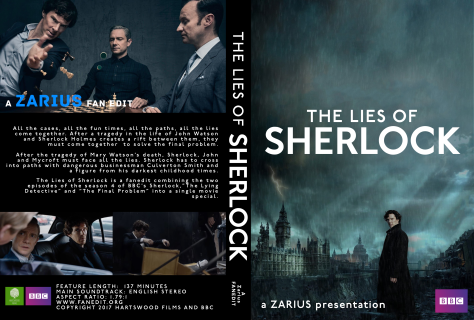 I remember being both pleased and uncertain, simultaneously, when Stephen King announced that he had another Dark Tower book coming. Pleased, because these were characters and a universe I loved, and any excuse to return to it was a good one; uncertain, because the Dark Tower series ended, quite conclusively, and I wasn’t sure that we needed another entry, much less one that we would be throwing into the middle of the already completed series. The result, I feared, would either be overly clever (the bane of most prequels), or fairly arbitrary, an unnecessary entry that added little.
I remember being both pleased and uncertain, simultaneously, when Stephen King announced that he had another Dark Tower book coming. Pleased, because these were characters and a universe I loved, and any excuse to return to it was a good one; uncertain, because the Dark Tower series ended, quite conclusively, and I wasn’t sure that we needed another entry, much less one that we would be throwing into the middle of the already completed series. The result, I feared, would either be overly clever (the bane of most prequels), or fairly arbitrary, an unnecessary entry that added little.
To be sure, The Wind Through the Keyhole hews much closer to the latter than the former; it adds almost nothing to the overarching story of the series, instead giving us the equivalent of a bottle episode of nesting stories. As Roland and the ka-tet seek shelter from an intense storm that besets them (not long after the end of Wizard and Glass), Roland tells them a story of his younger years, in which he and another young gunslinger were called in to investigate a series of brutal killings in a small town. And then, in the middle of that story, we find ourselves diving into a long fairy tale of Roland’s world, one that’s told within Roland’s story – in other words, a story within a story within a story.
That’s an appropriate choice for a series that has always been about the power of stories, and indeed, in many ways, The Wind Through the Keyhole is the most forceful expression of that theme, as stories are used for comfort, for knowledge, for distraction, for teaching, and for so many other purposes – entertainment not the least among them. More than that, though, King uses the stories of Keyhole for much the same purpose as J.K. Rowling used the stories of Beedle the Bard – to explore the mythology and folklore of a complex world that we’ve only ever gotten to scratch the surface of.
Much of that comes through in the titular folktale, a long tale about a young boy who goes on a quest to save his mother and deal with his abusive stepfather. Like so much of the Dark Tower series, the result is a fascinating mashup of influences, with elements of Arthurian legends, Western wisdom, Grimm folk tales, and more, all tossed together in a hodgepodge that shouldn’t work, but somehow does anyway – a testament to King’s ability not only to craft a story, but to focus on the emotional arcs that make the story work. And this folktale plays to his strength – it’s a story of coming-of-age, of innocence lost, and of heroic quests – all things that are well within his wheelhouse.
As for the Roland section of the tale, it’s an enjoyable one, if slight; it can’t help but to suffer when compared with the larger scope, ambition, and emotional heft of the similar “Roland’s young Gunslinger Days” story of Wizard and Glass. And yet, it’s still a solid, enjoyable story, one that works both on our desire to see more of this world before it “moved on,” as well as giving us a bit of unexpected emotional to Roland’s relationship with his mother. Is it essential reading? Far from it…but that doesn’t mean it’s unenjoyable or uninteresting. And that’s the book in a nutshell, really; while it’s hard to argue that this is another Dark Tower book that we really “needed,” the pleasures here are undeniable, and the richness of King’s imagination on full display.
Amazon Advertisements Share this:




